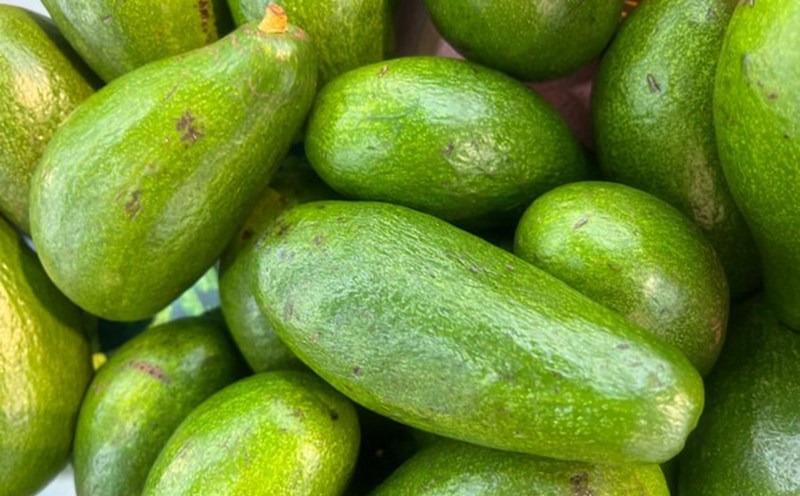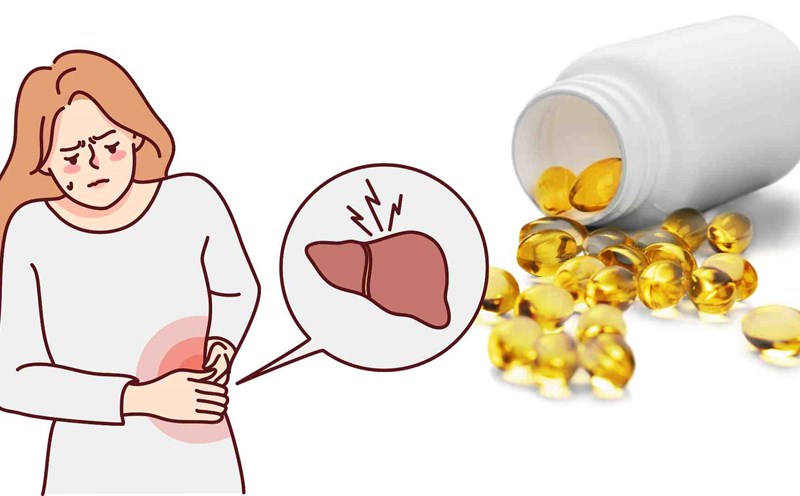Salmon: Is one of the foods richest in vitamin D.
100g of salmon provides about 526 IU of vitamin D, equivalent to more than half of the daily needs of children aged 1-13 (recommended 600 IU/day).
In addition to vitamin D, salmon is rich in omega-3, which helps support brain development and reduce inflammation. A study published in the American Journal of Clinical Nutrition shows that children who regularly eat salmon 2-3 times a week have better bone density and immune function than those who do not eat fish.
Pumpkin salmon porridge, steamed salmon or potato salmon soup can be made to be easy to eat and retain all the nutrients.
Chicken eggs: especially yolks, are a familiar source of vitamin D. An egg provides about 40 IU of vitamin D, along with protein and choline, which are important for brain development.
Research by the European Food Safety Authority shows that children who regularly consume eggs have 15-20% higher vitamin D levels in their blood than those who rarely eat eggs.
In particular, eggs are easy to prepare into many attractive dishes such as fried eggs, boiled eggs, vegetable rolls, suitable for children's taste.
Milk and dairy products with vitamin D enhancement: Milk and dairy products (yogurt, cheese) are enhanced with vitamin D to fight deficiency in children.
Children drinking 2 glasses of vitamin D-fortified milk per day can meet about 50-60% of their nutritional needs.
Mushrooms: Not only animals, some mushrooms such as shiitake mushrooms, mushrooms, and maitake mushrooms also contain vitamin D, especially when exposed to UV rays.
100g of dried mushrooms can provide 150-200 IU of vitamin D. This is a valuable choice for children with low fish intake or milk allergy.
Young chicken mushroom soup, stir-fried mushrooms with vegetables, or minced porridge are both nutritious and easy to eat.
Cod liver:
cod liver oil has long been used to supplement vitamins D and A for children. According to NIH, a spoonful of cod liver oil contains up to 450 IU of vitamin D.
However, because of its high vitamin A content, parents should consult a doctor before giving their children regular use to avoid vitamin excess.











